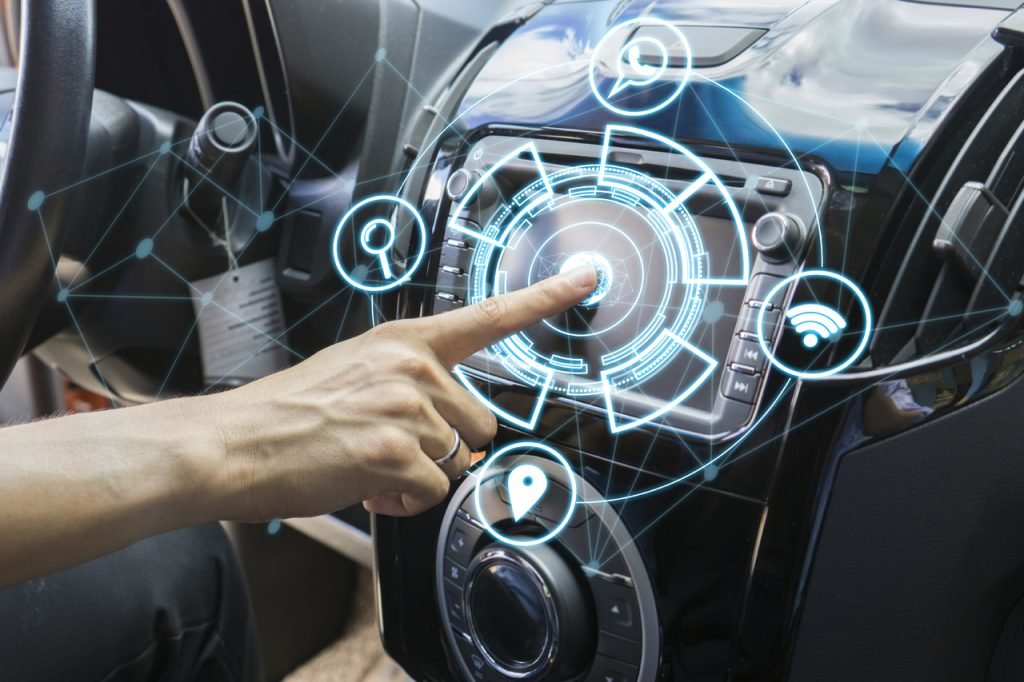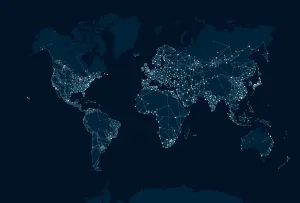Internet of Things or IOT refers to a network of interconnected devices embedded with sensors, software, and other technologies that enable them to collect and exchange data. It is a transformative technology that is revolutionizing the way we interact with the world around us. These devices can range from everyday objects like household appliances and wearable gadgets to industrial machinery and infrastructure components.
IoT revolves around creating a vast network of interconnected devices that can communicate and share data seamlessly without human intervention. By connecting these devices to the internet, they become capable of gathering and analyzing real-time information, enabling them to make autonomous decisions and perform tasks more efficiently.
One of the key drivers behind the rapid adoption of IoT is its potential to enhance convenience, efficiency, and productivity across various domains.
Internet of Things (IoT) for Consumers
For consumers, IoT devices have already become abundant, with smart home systems, wearable fitness trackers, and connected appliances becoming increasingly popular. These devices offer consumers greater control over their environments and enable them to automate tasks, monitor their health, and manage energy consumption more effectively.
Internet of Things (IoT) for Industry
In the industrial sector, IoT technology is revolutionizing manufacturing processes, supply chain management, and asset tracking. By integrating IoT devices into machinery and equipment, businesses can monitor performance in real time, predict maintenance needs, and optimize production workflows to improve efficiency and reduce downtime. IoT-enabled sensors can also provide valuable insights into inventory levels, logistics, and product quality, helping companies streamline operations and enhance customer satisfaction.
Moreover, Internet of Things (IoT) has significant uses for sectors such as healthcare, agriculture, transportation, and urban planning. In healthcare, for example, IoT devices like remote patient monitoring systems and smart medical devices enable healthcare providers to deliver personalized care, improve treatment outcomes, and reduce healthcare costs. In agriculture, IoT sensors can monitor soil conditions, weather patterns, and crop health to optimize irrigation, fertilization, and pest control, leading to increased crop yields and sustainability.
Security and Privacy Concerns
However, there are several aligned challenges associated with IoT. There are serious concerns related to security and privacy of individuals and businesses. The proliferation of connected devices increases the potential for cyberattacks and data breaches. Ensuring the security of IoT networks and implementing robust encryption protocols is essential to safeguard sensitive information and protect against unauthorized access.
Moreover, interoperability and compatibility issues remain a challenge, as IoT devices often operate on different platforms and protocols, making it difficult to ensure seamless communication and integration. Standardization efforts and the development of open-source frameworks can help address these issues and promote greater interoperability among IoT devices from different manufacturers.
Despite these challenges, the potential of IoT to transform industries, enhance quality of life, and drive economic growth is undeniable. As the technology continues to evolve and mature, it is poised to become even more integral to our daily lives, reshaping the way we work, live, and interact with the world around us.
It is very likely that Internet of Things is adopted universally by governments, businesses and individuals to change the way we live.




